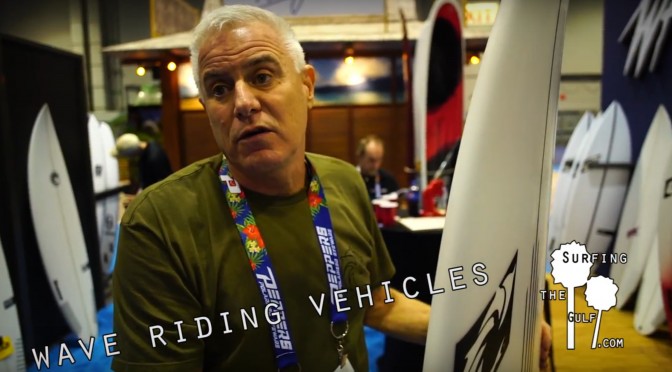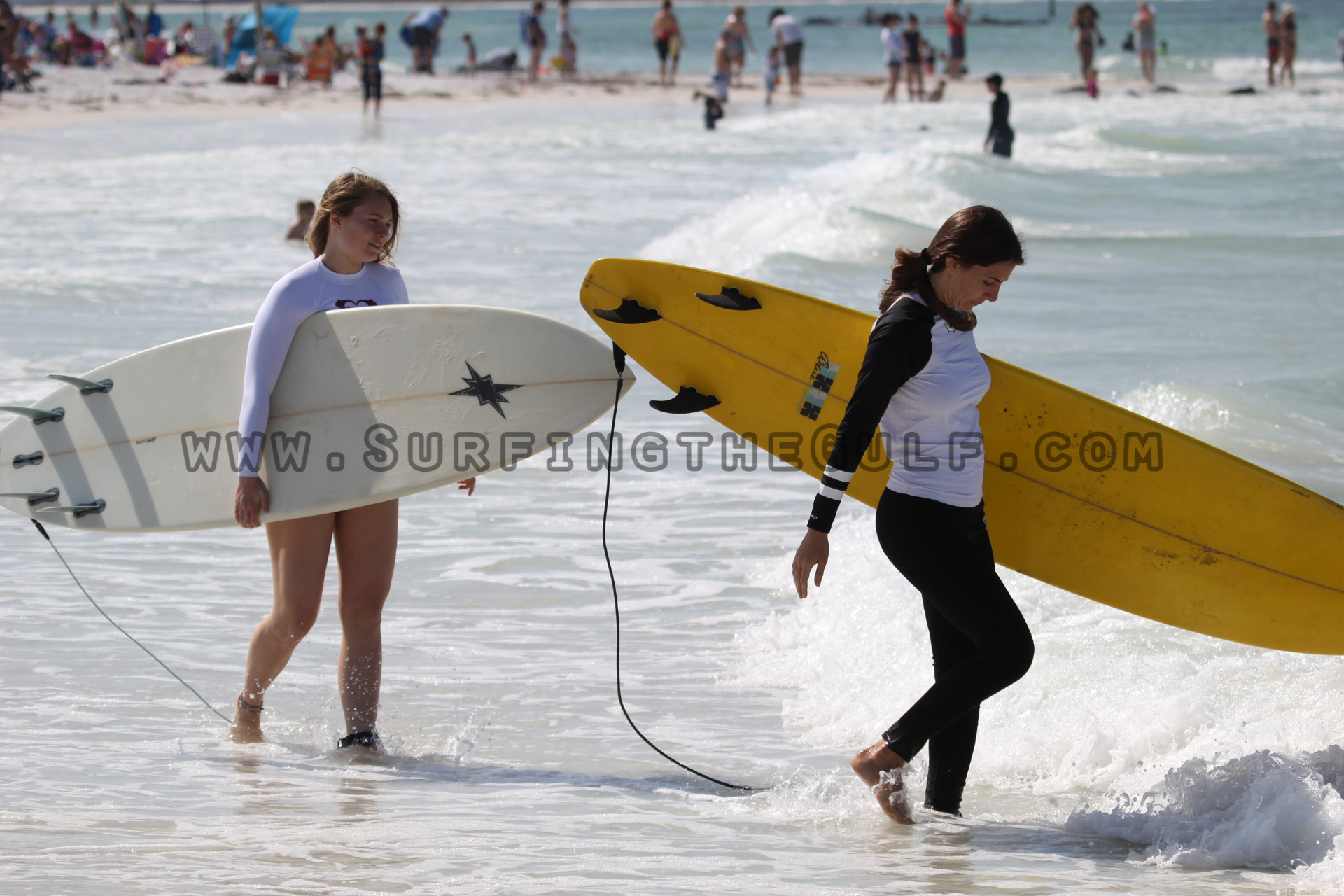There are a few things we’ll take a moment to review here. Surfboard selection is lacking in the west Florida region of the Gulf. It’s not completely non-existent, however there are a number of challenges that we face not just as buyers, but also as sellers. The purchasing challenges are the ones that are most obvious for surfers in my community. We face challenges like the long distances we must travel for a decent surfboard selection, or further for a good selection. We face the challenges of a changing surfboard design landscape. Both of these issues, and ultimately more issues combine to create the price issue. These topics are to discuss a broader issue, and that’s finding a high performance surfboard that can be surfed in smaller, weaker, mushier waves, the ankle biters, as their often called. Check out the article from the Surf Expo January 2018 for a video dealing with this topic.
First, here locally, we face a massive challenge of finding a surfboard. For starters, getting a decent surfboard from a local vendor is next to impossible. There is a very limited selection, and used surfboards are nearly non-existent. If you want a surfboard and you live in North Pinellas near where I live, where a large number of surfers can be found, you’ll have a minimum travel distance of 45 minutes to your nearest reputable surfboard dealer in Indian Rocks Beach. This dealer is pretty solid, carrying quality surfboard company’s boards like Lost, Rusty, and other popular name brands. The used selection isn’t exactly the best on the west coast. It’s still 45 minutes to take a look at maybe like 30-40 standard, stock surfboards. Further than that, closer to an hour and 15 minutes, you’ll find one of the oldest and best surfboard dealers down in Saint Pete. These guys have a large upstairs devoted almost entirely to surfboards, although the Stand Up Paddle-board market appears to be beginning to snuff out the surfboard market. It makes finding and getting a surfboard made for these waves a real challenge. That’s pretty much it. Those are really the only two places worth looking here on the gulf.
The next challenge comes in the form of surfboard design. Surfing isn’t exactly the most challenging sport. Going from beginning skill level to intermediate really doesn’t take that long. There are surfers who are way beyond intermediate level who can’t surf to their full potential due to the limitations of surfboards. Long-boards are too clunky, and high performance short-boards are too small. Boards in the medium length and volume range are far better suited for the really small surf we get so often. The surfboard designs have changed in recent decades, moving toward these thicker wider boards. Not all surfers and surf shops have wanted to make that transition, sticking to the high performance mold pushed by the professional surfing series, boards ideal for really good surf. What’s not obvious is that for places like here we need those mid-sized boards to increase the skill level to more closely align with the best surfing, and to bring up the fun level and the stoke level. Finding the boards we need to ride the surf well is one of surfing’s big challenges.
These issue really combine to create a price issue. You might struggle to find a surfboard you like only to find that there’s only one place to get it. It’s that monopoly thing from the recent article on healthcare. You’re certainly not going to be able to negotiate with anyone who sells surfboards around here. Surf shops are apt to negotiate, but they really have a solid upper hand. When you do find that board that’s right for here, you’ll notice that the board is going to be more expensive and less negotiable than the boards that aren’t well suited for the gulf. It’s a complicated surfboard market where finding the right board is next to impossible.

